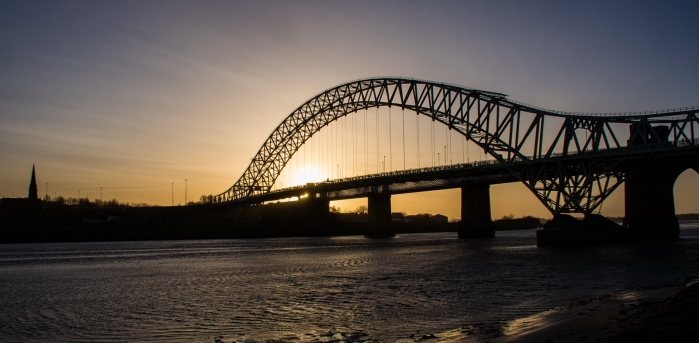Some years ago Runcorn-based heating engineer Dave Winrow, who runs the business with his son Benjamin, was asked by Margaret McNeil of Bridgewater Property Management to come up with an energy efficient solution for the building’s heating and hot water as she was alarmed by ever rising fuel bills.
The property, Bridgewater House, was built in 1771 and is a classic two-and-a-half storey Georgian house with a basement, near the lower end of a line of 10 locks leading from the Runcorn basin of the Bridgewater Canal to the River Mersey.
More recently, in 1998, a fire damaged the roof and many of the rooms; the building was subsequently repaired and restored and is now owned by Bridgewater Property Management which uses it partly for its own purposes and leases the rest of the building as offices to other businesses.
Winrow went to take a look at the old system that comprised two combis and two boilers. “The archaic boiler system, although very dilapidated was still working, but as it was 10 years old or more it definitely needed replacing with a system that would be easier on running costs.”
Following a conversation with hot water heater manufacturer Rinnai, Winrow decided to install three Rinnai continuous flow water heaters, complete with extended warranties. The system utilises its innate controls to alternate the firing sequence of the water heater and optimise gas usages.
“The Rinnai range are a fully modulating 58kW unit that gives constant hot water. It is a prime example of a modulated unit at its best as the unit’s 58kw capability can modulate down to 4.4kw. It is very clever because it knows exactly how much gas to use to heat the water due to its multi solenoid burner, so it saves fuel and money. With other water heaters they are either full on or off”.
“Consequently Ms McNeil has seen her heating and water bills tumble by 200% since the installation.”
Find out more about our range of N-Series continuous flow water heaters.
Winrow is so impressed with the Rinnai system that he is constantly sizing up different applications where it will also bring its money saving benefits.
“I have also found they are perfect for pubs and restaurants where crudely sized boilers were installed. These tried and tested Rinnai appliances are far more efficient and because of that customers can cut down the capital cost of the equipment by purchasing a smaller unit that provides temperature accurate DHW. I will typically take out a 80kW unit and put in a 58kW unit”
Winrow can also see huge potential for the Rinnai system in sports venues were they might need to heat 300-500l of water to cope with, say, two football teams coming off the pitch at the same time. “With a combi boiler and cylinder, the water would still be heating as the last player went into the shower leaving a tank full of hot water to go to waste. With the Rinnai system when the last tap goes off, the gas turns off too”
And installation is a breeze too according to Winrow. “There is nothing else on the market as clever as a Rinnai water heater. Rinnai engineering is so effectively simple. For installation and maintenance the full Rinnai kit is quite simply one screwdriver – that’s the only tool you will ever need.”
Winrow concludes with an analogy. “The Rinnai water heaters remind me of the Honda 50 Cub – the biggest selling motorcycle on the planet. Rinnai has the same qualities of endurance and all round performance – everything you need in a reliable work horse.”
